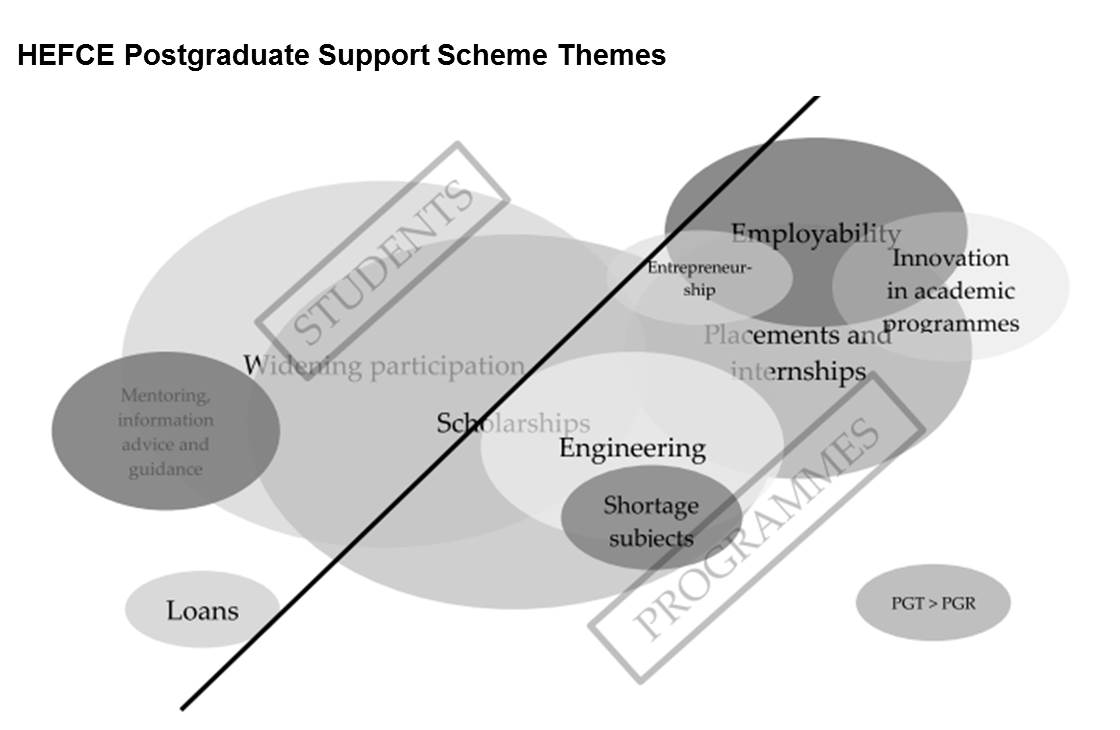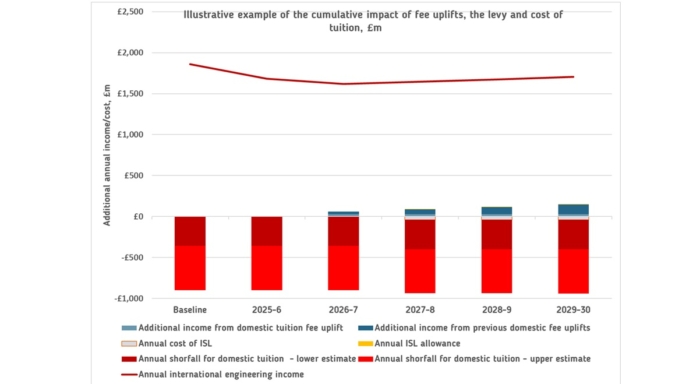HEFCE has now published its report on the Postgraduate Support Scheme pilot.
EPC members will recall that Paul Wakeling of the University of York was commissioned to conduct an evaluation of the Scheme, which ran during the academic year 2014/15 as he made a presentation of his initial findings at our Recruitment and Admissions Forum in 2014.
The report evaluates and summarises findings from the £25 million initiative involving 40 higher education institutions in 20 projects to support and improve progression to postgraduate education. While focusing on STEM subjects, many of the pilots were focused on engineering.
- Pilot projects provide proof of concept for various supply-side innovations which bring together universities and employers, and also highlight the risks and costs of postgraduate innovation.
- Greater visibility and co-ordination are needed in universities to ensure the future sustainability of taught postgraduate courses.
- Both financial and non-financial interventions are necessary to support success at postgraduate level.
EPC members Brunel University and the University of Derby (to name but two) applied some particularly innovative approaches. Brunel, through the Women into Engineering strand of its project, provided its PSS scholars with industry-based mentors with the intention of improving retention and outcomes rather than access. The response from employers to this initiative exceeded expectation and the university will be employing a full-time mentoring manager to continue this activity. Derby has applied a range of innovations to its MSc in Innovative Engineering Solutions programme from using aptitude testing to inform its admissions process to how it collaborates and works with SMEs.
Also in the report, info on the funding innovations tested at Durham and Cranfield.




